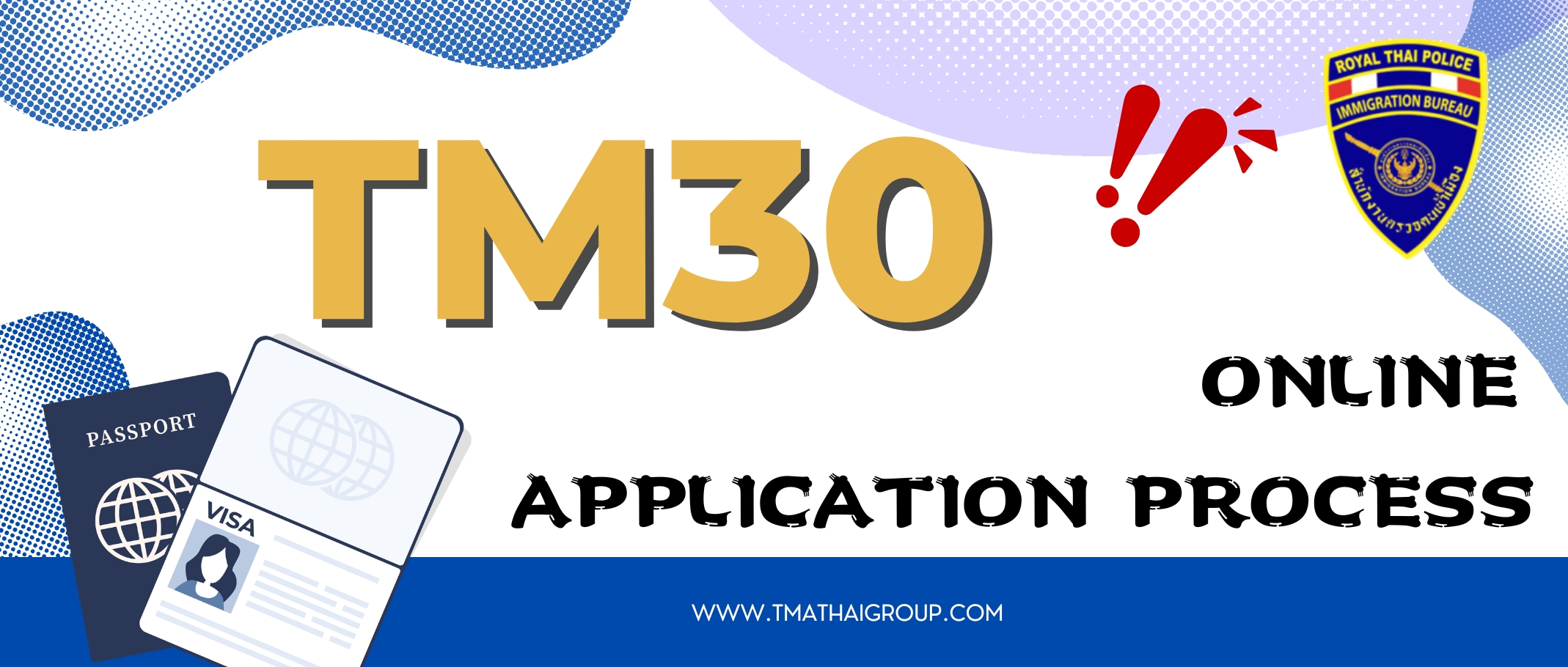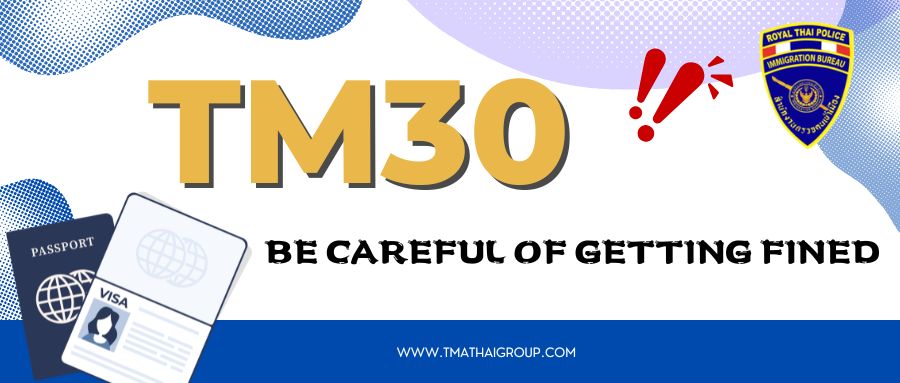Corporate Income Tax (CIT)
About TMA Group
TMA Group is a professional company focusing on local recruitment and corporate consulting in Thailand, dedicated to providing one-stop services including recruitment, financial management, tax disposal, legal consulting, personnel management, etc. for enterprises and individuals. If you need more advice on investment in Thailand, please feel free to contact us.
Corporate Income Tax (CIT) in Thailand
Thailand's Corporate Income Tax (CIT) is a direct tax imposed on the income of companies and juristic entities operating within the country. It is governed by the Revenue Code of Thailand and administered by the Thai Revenue Department.
1. Taxpayers
CIT applies to the following entities:
Thai companies: Companies incorporated in Thailand are subject to CIT on their worldwide income.
Foreign companies: Foreign companies are taxed on income derived from or earned in Thailand. This includes business income, income from property, and other Thailand-sourced earnings.
2. Standard Corporate Income Tax Rate
The standard CIT rate in Thailand is 20%. However, preferential rates and exemptions may apply in certain cases.
3. Reduced Tax Rates
Thailand offers reduced CIT rates for specific entities, including:
Small and Medium Enterprises (SMEs): For Thai companies with paid-up capital not exceeding 5 million THB and annual revenue not exceeding 30 million THB, the following rates apply:
0% on the first 300,000 THB of net profit.
10% on net profit between 300,001 and 3 million THB.
20% on net profit exceeding 3 million THB.
Regional Operating Headquarters (ROH) and businesses promoted by the Board of Investment (BOI) may also benefit from reduced rates or exemptions.
4. Tax Base
CIT is calculated based on net profits, which are determined by deducting allowable expenses from assessable income. Allowable deductions include:
Operating expenses.
Depreciation and amortization.
Interest payments.
Bad debts.
Contributions to employee funds (e.g., provident funds).
Non-deductible expenses include fines, penalties, and expenses unrelated to the business.
5. Withholding Tax
Certain payments made by a company, such as dividends, interest, royalties, or service fees, are subject to withholding tax at varying rates. These rates depend on the nature of the payment and the recipient's residency or tax treaty status.
6. Tax Filing and Payment
Companies must file an annual corporate income tax return using Form PND.50.
An interim return (Form PND.51) must also be filed, representing 50% of the estimated annual income tax, typically by the end of the 8th month of the fiscal year.
Tax payment deadlines:
Annual return: Within 150 days after the fiscal year-end.
Interim return: By the end of the 8th month of the fiscal year.
7. Tax Incentives
Thailand offers various tax incentives to encourage investment, research and development (R&D), and specific business activities. Examples include:
BOI incentives: Tax holidays, reduced CIT rates, and other benefits for businesses in targeted industries.
Eastern Economic Corridor (EEC) incentives: Enhanced tax benefits for businesses located in the EEC.
8. Penalties
Non-compliance with CIT obligations, such as late filing, inaccurate declarations, or failure to pay taxes, may result in penalties and surcharges.
If you need more detailed guidance or have specific questions about Thailand's Corporate Income Tax system, feel free to ask!
TMA Consulting Management has been paying attention to the updating of information through newsletters for many years, but we do not assume any responsibility for the completeness, correctness or quality of the information provided. No information contained in this article can replace the personal consultation provided by a qualified lawyer. Therefore, we do not assume any liability for damages caused by the use or non-use of any information in this article (including any kind of incomplete or incorrect information that may exist), unless it is caused intentionally or by gross negligence.













